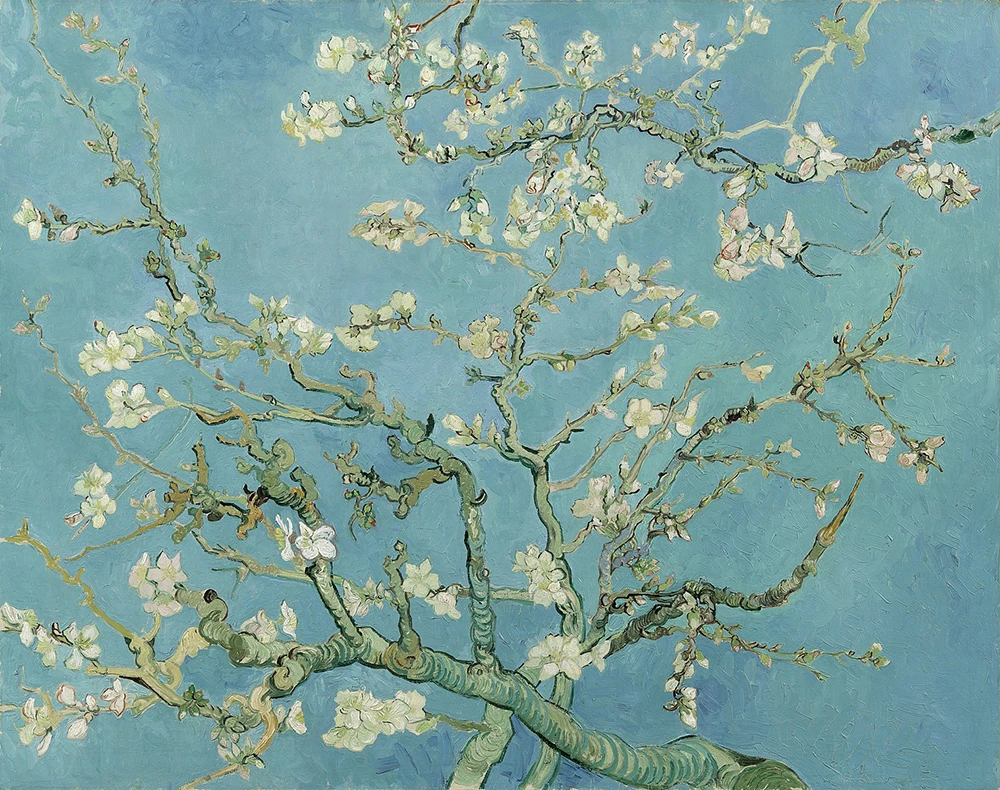Relationships • Breaking Up & Heartbreak
On Needing to Leave the People We Are Trying to Change
We may find ourselves in relationships with people we would dearly love to change: people we so hope would drink less or stop sabotaging themselves, move away from their unhelpful friends or take greater responsibility for their health, go to therapy or exercise more. These are the moments when we begin to wonder when to walk away from a relationship.
We may deploy every resource of kindness and logic to try to foster these changes: we might make impassioned speeches, seek out specialists, talk them through their issues, drive them to hospital and take care of their bills.
Our efforts can be moving, but at some point, a difficult realisation may set in: we – the ones who so desperately want our partners to evolve – may actually be the very ones who are preventing them from doing so. It’s our presence, our love, our support, our kindness, our unceasing patience that may – paradoxically – be lending them the very security and reassurance that prompts them to continue just as they are.
Because change is so hard, it is rarely undertaken except in response to intense discomfort. It’s only when the agony of doing nothing finally outweighs the difficulty of doing something that one begins to move forward.

When to Walk Away from a Relationship
We may well tell our partners that, unless they change, they will face all kinds of disasters. But by showing up every day, by rescuing them from their multiple foul-ups, we are in fact sending them a very different and far less motivational message: stay just the same and I will still be around, fall and I will catch you; create chaos and I will clean it up. Don’t change, and things will – in a way – be fine enough.
The only thing that stands to alter this contract is if, one day, we finally reach our limit. Suddenly, the equation changes. Alone in the apartment, with only the shivering of the fridge for company, with no way to contact us and the laundry piling up in the corner, they may find themselves in enough pain to dare to slowly look at what they had been in flight from for years. One more bit of suffering no longer seems quite so unbearable when they already have to subsist without tenderness or assistance.
Change Begins in Absence
Against a backdrop of misery, there at last develops a will to confront the drinking, the lack of focus at work, the sentimental evasions around money or the lack of accountability in love. Everything we had fought so long – and so fruitlessly – to bring onto the agenda is facilitated by our absence.
In an ultimate irony, these very tricky partners may, in time – if the pain goes on long enough – eventually evolve into highly reliable and thoughtful partners… for someone else. In years to come, it is other, now total strangers who will unknowingly benefit from qualities we did so much to highlight.
We don’t have to grow bitter at the irony. We just have to understand – and make our peace with – the peculiar psychology of change. And hope that we ourselves will one day end up with a partner who began in chaos and grew into an accountable, kindly, caring adult because someone else we’ll probably never meet despaired of them enough to leave. Knowing when to walk away from a relationship might be the greatest and most generous catalyst for growth we ever provide.


























